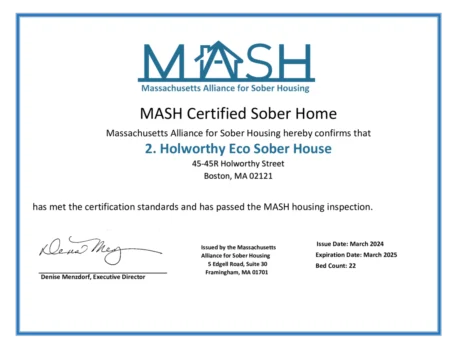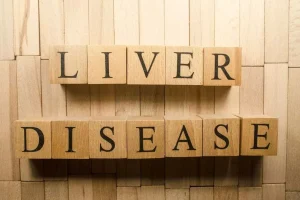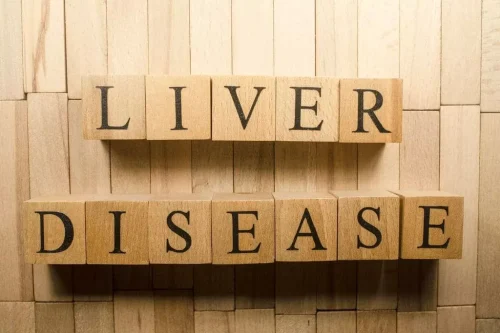
Cognitive therapy is one of the main tools for preventing relapse by changing negative thinking patterns and developing healthy coping skills. It helps individuals address fear-based thinking and redefine their perception of fun in order to maintain their recovery. A real-life example https://ecosoberhouse.com/ exemplifying the role of family and friends in early recovery is the story of Sarah and her brother Mark. When Mark decided to seek help for his addiction, Sarah and their parents provided emotional support, attended family therapy sessions, and participated in support groups.

Build Support Networks
The acute stage of withdrawal does not usually last more than a couple of weeks, but the post-acute stage can last up to a year or more. This can include symptoms such as insomnia, fuzzy thinking, tiredness, and irritability. One of the greatest challenges of early recovery is controlling the impulse to relapse.
- Volitionis related to the inherent drive and motivation for engagement in activities,while the habituation subsystem relates to the patterns of time spent in thedesired activities.
- The results of this study suggest that the habits and routines ofindividuals in early recovery include work, daily living tasks, recreation andsocial activities, and rest.
- Try not to let this get you down; new relationships with those in recovery and recharged relationships with loved ones will sustain you.
- Through their unwavering support, Mark was able to rebuild his life and maintain his sobriety.
- Rarely, though, did he hear the right answer—and yet, “If they don’t know what their problem is, how are they going to fix it?
Alcohol And Aging: Does Alcohol Age Your Appearance?
Qualitative analysis of the data includedthe specific function of leisure activities during their substance use recoveryprocess. Among other themes, the women reported the need to find purpose andmeaning to help support recovery. In terms of leisure participation, the womenidentified such activity as a tool for organizing their lives. Leisure exploration is defined as “identifying interests, skills,opportunities, and leisure activities” (p. 34).9 Limitations of the researchinclude lack of generalizability due to qualitative methodology as well as thefocus of women. Though the findings of this article are significant, theparticipants were interviewed when they were no longer in early remission; theywere 4 to 10 years in sustained remission.
Overcome Substance Use and Never Look Back
- They include high-interest debts, legal and medical costs, and lost income.
- Each day highlights the power of awareness and community in overcoming the grip of addiction.
- However, recovery can be thought of in 4 primary phases that include withdrawal, early, middle, and late phases of recovery.
- Imagine this emotional journey like riding on a rollercoaster of emotions.
- Simple techniques such as deep breathing exercises or guided imagery can be integrated into daily routines, promoting emotional stability.
Additionally, the recruitment site and program wereabstinence-based, which may have acted as a confounding factor in the analysisof the data. Participants’ experiences of daily habits and routines may havebeen impacted if they were experiencing relapse(s). Finally, there wereminimal demographics collected at time of research, in an effort to protect thisvulnerable population. The role of family and friends in early recovery from addiction is crucial. Firstly, they provide emotional support by offering unconditional love, understanding, and encouragement.
Do Not Forget These Aspects Of Early Recovery
Take the first step toward addiction treatment by contacting us today. Remember, measuring progress and celebrating milestones is unique to each person. Take pride in your achievements and continue working towards a healthier and happier life. Even if you can commit to a 24/7 rehab program, many treatment facilities offer outpatient treatment options that you can engage in without necessarily having to quit your job or completely divest from the outside world. Mindfulness practices and meditation can help you manage cravings, anxiety, and stress. These techniques can enhance your emotional regulation and allow you to stay present in the moment, reducing the allure of past addictive behaviors.

Seeking Professional Help and Therapy
Participant 2 inparticular indicated that they want to start going to the gym. When askedwhy they were not currently going, Participant 2 stated, “My time. So when you’re going to the gym you have to go like – ifyou go in the morning, you go in the morning. If you go in the afternoon,you go every afternoon.” Participant 2 believes it is impossible to developa new routine in the absence of a consistent pattern. Participant 3 reportedthat they wanted to return to the gym, start playing golf, and fill theirweekends with typical leisure activities (ie, basketball and spending timewith friends).
What Are the Most Common Challenges People Face Early in Addiction Recovery?

Each milestone reached, whether a day without relapse or completing a week of therapy, deserves acknowledgment. Celebrating milestones boosts morale and strengthens commitment to the recovery process. Setting clear and achievable goals can be a powerful tool for maintaining focus and accountability for individuals in early recovery. Individuals can stay motivated and avoid feeling overwhelmed by breaking down long-term objectives into smaller, manageable steps. This approach aids in progress tracking and provides a sense of accomplishment with each milestone achieved.
Take the First Step Towards a Healthier Life
The mentor’s lived experience serves as a guiding beacon through the darkest moments. Engaging in painting, writing, or gardening activities can channel emotions constructively. These strategies not only manage immediate cravings but also promote long-term emotional resilience. By integrating mindfulness reframing holidays in early recovery and creative expression, individuals can more easily and confidently navigate the turbulent waters of early recovery. Emotional awareness helps understand the underlying causes of cravings, whether it’s a specific emotion like anger or a particular scenario like a family gathering.

What can individuals do to maintain their sobriety in the maintenance stage?

People who become caught up in addiction are numbing their emotions; when they get sober therefore, it can feel as if their emotions are incredibly intense because they are just not used to feeling them. The challenges of early recovery can also mean that this is a very emotional time. If you are struggling with overcoming challenges related to substance abuse on your own, there’s no shame in reaching out for help in this incredibly challenging endeavor. The important thing is if and not how you achieve lifelong recovery, so entering addiction treatment may be your best bet if you cannot conquer your addiction on your own. The structure of twelve step fellowships is perfectly suited for making new friends who you can rely on to help you adapt to your sober life, and will also help you to connect to the broader recovery community.
